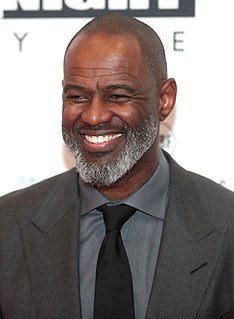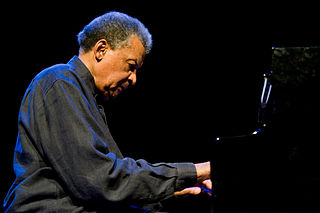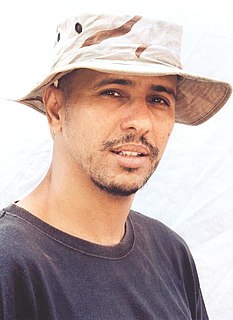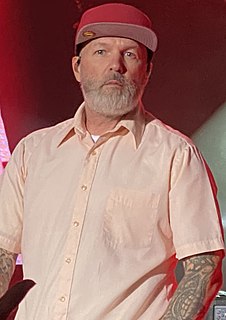A Quote by Robert Glasper
People don't know that the very reason the police were made was to oversee slaves; they would be called overseers, and if a slave got out of line or tried to break away and escape, these were the people to hold them in and bring them back.
Related Quotes
I went back and listened to the first three albums I made and tried to figure out what was special about them, why people keep going back to them. I think it was because I didn't know what I was doing. I had no idea if they were going to play it on the radio or anything. All I did was write songs, so that's what I got back to.
It's always intrigued me that amidst the group called slaves there were individuals who were extremely able, who were extremely colorful, who were powerful personalities, who by no means fit the usual images of slaves. They were people who, through their personalities and abilities, were very respected in the community where they lived by both black and white.
The other slaves in the field never let that house slave knew - know what they were really thinking. If the house slave said, well one of these days all of us will live in the plantation, they said, uh huh. They went along with him. But if you came up to them and said, let's go, they would be gone just like that.And in, in America you have the same situation.You have the vast masses who are still slaves.
All you have to do is go back to slavery - days, and there were two types of slaves, the house slave and the field slave. The house slave was the one who believed in the master, who had confidence in the master and usually was very friendly with the master. And usually he was also used by the master to try and keep the other slaves pacified.
The real names of our people were destroyed during slavery. The last name of my forefathers was taken from them when they were brought to America and made slaves, and then the name of the slave master was given, which we refuse, we reject that name today and refuse it. I never acknowledge it whatsoever.
Do you think the people who were trying to reach to the Everest were not full of doubts? For a hundred years, how many people tried and how many people lost their lives? Do you know how many people never came back? But, still, people come from all over the world, risking, knowing they may never return. For them it is worth it - because in the very risk something is born inside of them: the center. It is born only in the risk. That's the beauty of risk, the gift of risk.
My children came out as individuals in their own right. They were not my products. They had their own characters and were very strong-minded. I gave them a lot of freedom when they were still very young. The one thing they got from me is morals. They would never betray anyone. They are really good people.
Go back to the Bible, the Old Testament. I mean there were people who we would call intelectuals, there, they were called prophets, but they were basically intelectuals: they were people who were doing critical, geopolitical analysis, talking about the decisions of the king were going to lead to destruction; condemning inmorality, calling for justice for widows and orphans. What we would call dissident intelectuals. Were they nicely treated? No, they were driven into the desert, they were imprisoned, they were denounced. They were intelectuals who conformed.
When I would work freelance in production in Chicago, there were a lot of times when I was working for cheap, bad people, and I was working for slave wages anyway, so there were some times when I might have filled out a couple of blank taxi receipts and kept some petty cash. But like I say, I was very selective. It was only people that I thought were assholes. The people that I liked I went far and above saving them money, much less taking it. But that's it. I'm pretty moral. I don't even like stealing jokes.
I think that's always been part of the thinking behind the script, that - and I really tried really hard to impress that upon the staff of the show, the animation staff - to try to get them to understand that we would only be able to get away with what we were writing if the visuals were appealing enough that it was like a balance, and even people who didn't like what they were hearing would still not want to turn away because what they were seeing was so nice. So that was kind of my hunch, and I think it worked.
There were three options [in Allied], which were for [Bred Pitt] to shoot [Marion Cotillard], for them to escape, or for her to pull the trigger, which is a heroic act to spare him. When I was thinking about how it would end, a long time ago, I think I tried each of them to see, but two of them did not work.


































